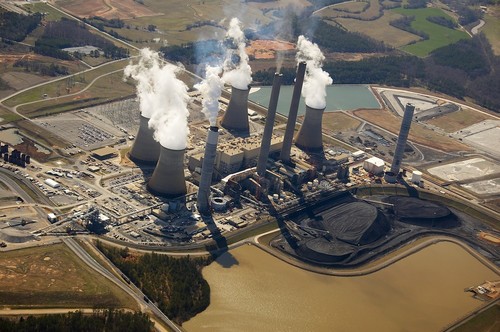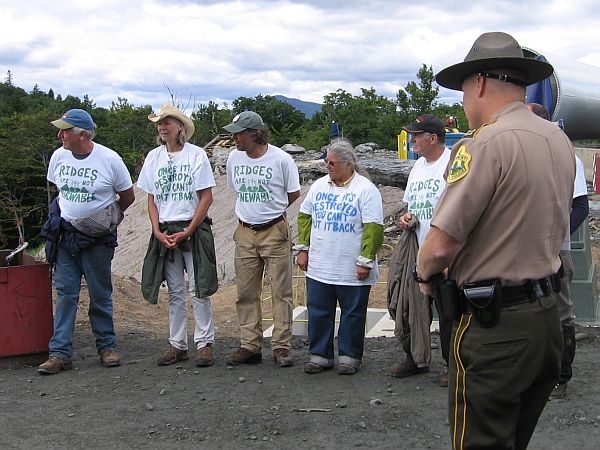In Iowa they didn’t whine about cleaner power regulations like Southern Company did, they went ahead and got on with it without dragging their feet for months or years. Simply complying with the new EPA regulations has created jobs for Iowans.
Matt Kasper wrote for ThinkProgress today, Pollution Control Retrofit Creates 400 Jobs In Iowa: Project Is A ‘Win-Win For Iowa’s Economy And Environment’
Alliant Energy in Iowa is celebrating an emission-reduction technology that will help a power plant meet new standards — creating 400 jobs in the process. One recent study found that “EPA’s two new air quality rules create 1.5 million jobs.”….
“The OGS [Ottumwa Generating Station] project is a win-win for Iowa’s economy and environment,” said Pat Kampling, president and CEO of Alliant Energy. “The project at OGS will create approximately 400 good-paying construction jobs for Iowa’s working families and foster future economic growth while making Iowa’s air cleaner.”
Better for public health, better for less climate change, and better the economy: more jobs for Iowans.
-jsq





 for
for 











